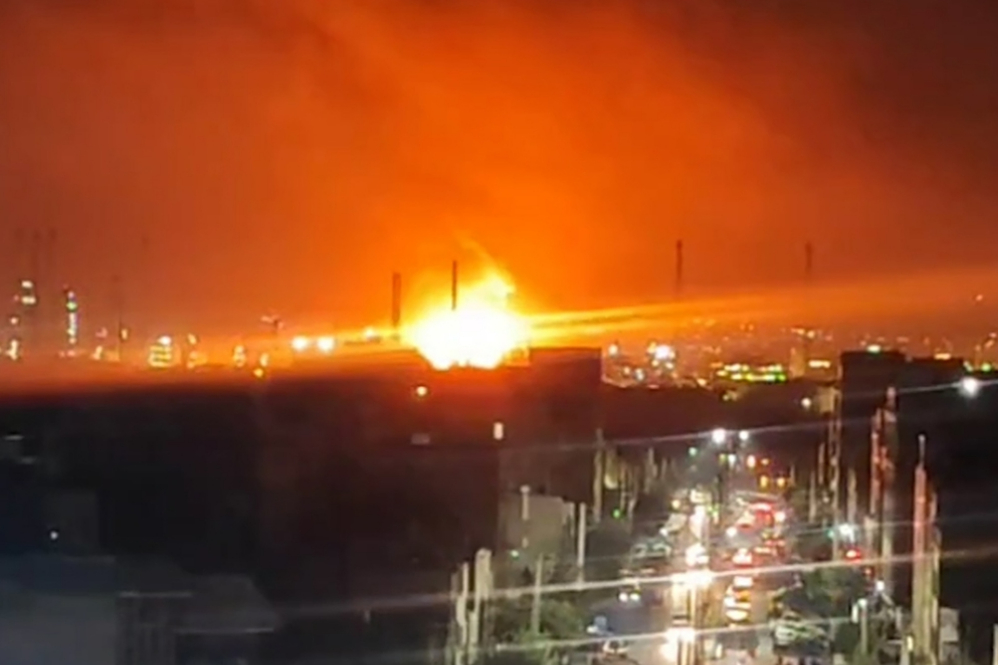According to the pro-government Iranian site Nournews, Iran’s Foreign Minister Abbas Araghchi addressed foreign ambassadors in Tehran, asserting that Iran’s military response to the Israeli attacks was firmly rooted in the principle of legitimate self-defense, as recognized under international law and the United Nations Charter. Araghchi described the assault on Assaluyeh as “a blatant act of aggression” and a “perilous move with unpredictable consequences.” He underscored the Persian Gulf’s role as a critical nexus of energy flows, trade routes, and geopolitical interests, warning that any disruption in this region could spiral into a full-blown international crisis. Expanding the battlefield to the Persian Gulf, he argued, is not just reckless but a grave strategic error by Israel.
The security of the Persian Gulf is deeply intertwined with global economic and strategic interests, making it an integral part of regional stability. The attacks on Assaluyeh were not merely isolated military strikes but an attempt to internationalize the conflict by shifting its epicenter to a region where instability can have immediate global repercussions. Iran’s response, therefore, goes beyond defending its territory—it serves as a reminder of the tight entanglement of interests in the Gulf, where a disturbance in one area can rapidly impact the entire system.
Beyond the military dimension, Iran’s actions carry a potent geopolitical message. Araghchi emphasized that if war encroaches on the critical energy corridors of the Persian Gulf, Iran will not confine its defense to geographic boundaries. He cautioned global powers and regional actors against abandoning neutrality or fueling escalation, warning that such moves would come at “serious strategic costs.” This stance reflects Tehran’s intent to deter further aggression by highlighting the universal stakes involved in the Gulf’s stability.
The widening conflict also poses a test for other regional players. The Persian Gulf is a lifeline for global energy and maritime trade, and any instability risks triggering cascading disruptions across international supply chains. Araghchi dismissed the notion of “safe havens” in the region, such as Fujairah, as a dangerous illusion, asserting that no part of the Gulf is immune to the ripple effects of security upheavals. From Tehran’s perspective, Israel’s misstep has endangered the entire regional security architecture.
Ultimately, Iran’s response transcends a bilateral confrontation with Israel. The Persian Gulf is the heartbeat of the world’s energy supply, and turmoil here reverberates through international markets and strategic calculations of major powers. Iran’s warning is unequivocal: destabilizing the Gulf’s security balance will have far-reaching consequences, leaving no actor—near or far—untouched by the fallout.
Photo: Source
